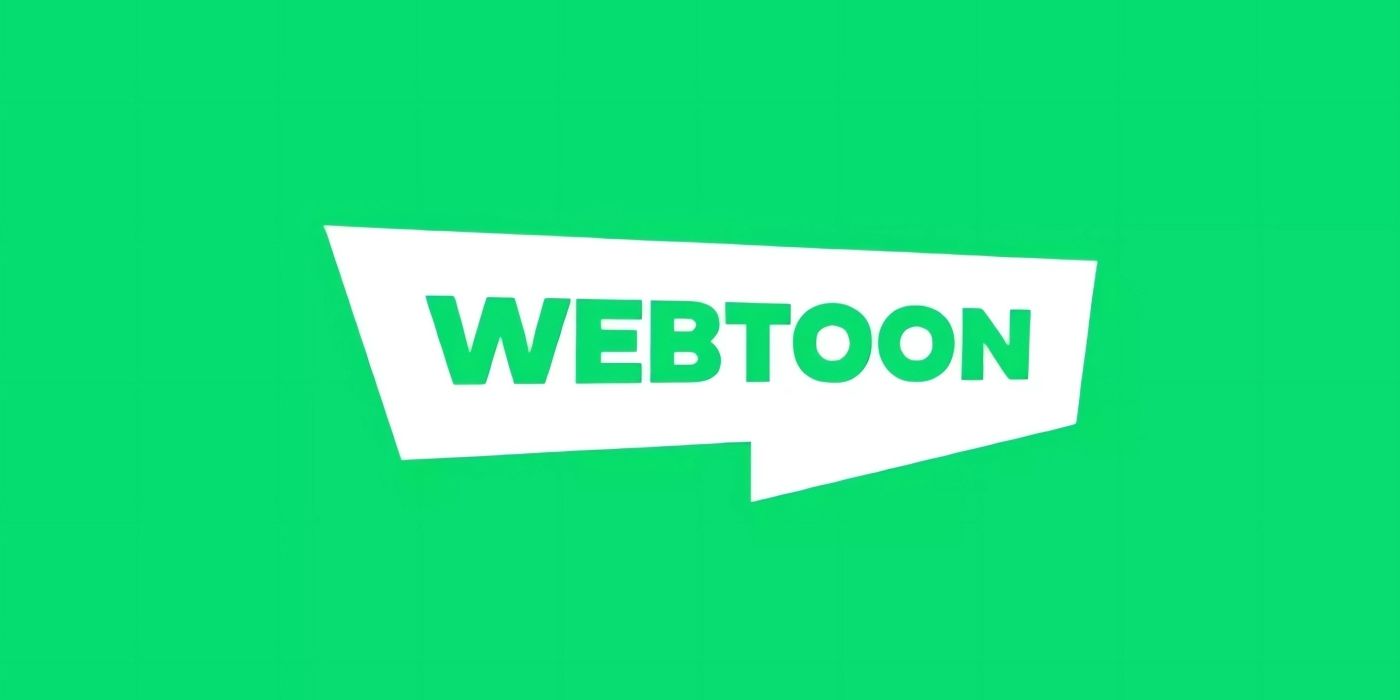The last thing readers want to hear about is how the government is tied into their favorite webtoons and manhwa, but this political move is sure to brighten any reader’s day. As South Korea aims to pivot its market towards creators’ benefits to fuel the webtoon market, a new law has been enacted to promote healthy business practices.
The webtoon market is already a massive industry for South Korea, especially as the birthplace of manhwa through online comic platforms such as Webtoon, Naver, and Daum. While the government has already made moves prior to support that ongoing market, the latest law it’ll put into practice will now benefit those online businesses and creators alike by introducing tax credits.
In a recent move enacted by the South Korean government, tax credits will be offered to all eligible content considered webtoons or Korean digital comics under the definition as described in Korea’s “Promotion of Comics Act.” The tax credit will affect the business enterprise differently, depending on the size of the company itself.
For all large companies, a 10% tax credit will cover any expenses that include planning and production, labor costs, licensing fees for IPs, and software costs required for Webtoon creation, and a 15% tax credit will cover the same areas for any smaller or medium-sized companies. However, any costs related to marketing and promotional expenses will be excluded.
By reducing the costs of production, businesses will be able to fund more digital comics, allowing for budget costs to include more projects, whether they are adaptations or original works.
Although the tax credit doesn’t cover everything, it’ll pad out the important areas in webtoon production for South Korea’s most prevalent companies, ensuring that the market is secure to supply the demand of future and ongoing projects. However, it’ll also only cover the next three years, likely to experiment with how the changes affect the industry.
The credit will immediately apply in the fiscal year the webtoon is released online and remain for the duration till the end of 2028. Depending on the efficiency of the current tax credit in place, time will only tell the results of the government’s new policies.
By reducing the costs of production, businesses will be able to fund more digital comics, allowing for budget costs to include more projects, whether they are adaptations or original works. This change is just one of the many that South Korea has introduced to ensure the continuation of the webcomic market after employing protections and copyrights in previous years.
South Korea’s Webtoon Industry Growth Aligns With Popular Adaptations
As Korean-inspired works continue to grow ever popular with mainstream audiences, with some of the biggest examples being that of Solo Leveling’s anime adaptation and K-Pop Demon Hunters’ surprising success, the manhwa industry is likely to see a meteoric rise. In 2025 alone, Korean projects have been a global hit for their ingenuity and dedication.
Solo Leveling managed to unite anime, webcomic, and light novel fans with an amazing anime adaptation that may not always follow the original source to a tee, but delivered on heart and stunning animation. K-Pop Demon Hunters was a dark horse, rallying audiences everywhere with bright, vibrant graphics and an addictive soundtrack shortly after Western cinema releases failed to impress.
As evident by the records being broken and the views being generated towards keeping these two series in the top tier of most-watched shows, audiences are craving something new and innovative. By creating something that resonates with one’s culture, viewers are able to appreciate the diversity and care placed into that project.
With adaptations like Solo Leveling, Tower of God, and even the controversial, The Beginning After The End, webtoons and manhwa are receiving a newfound appreciation from fans of all kinds after catching the latest episode on Crunchyroll or another streaming platform. Their popularity in one medium is fueling the rise in another, as indicative of webcomics’ growing market.
And as the streaming wars continue amongst the biggest names around, eyes are turning towards Korea-inspired works for new adaptations, looking to create the resounding success that was Solo Leveling.
Netflix and Crunchyroll Are Doubling Down on Webtoon IPs for Future Projects and Animations
South Korea’s new law couldn’t have come at a better time, after a conference of Korean and American businesses converged to discuss trade deals for the foreseeable future. During one of these meetings, RIDI and KW Books delivered exclusive pitches to Netflix, Crunchyroll, and Falcon’s Beyond. These publishing companies have numerous IPs that could go on to become future adaptations.
After both of these streaming platforms experienced success by doubling down on supplying a wide and diverse range of anime within their catalogs, the next plan of attack seems to point towards producing a new project. Licenses and IPs of Korean-inspired works, whether they come from web novels or comics, may see a chance at becoming animated one day.
What was once a niche hobby to have has now expanded into a goldmine of opportunity for creators and businesses alike. Fans will also reap the benefit of this new attention by getting the chance to maybe see their own favorite manga or manhwa adapted into the next hit anime. And as more protections are provided, webtoon’s future looks bright.


